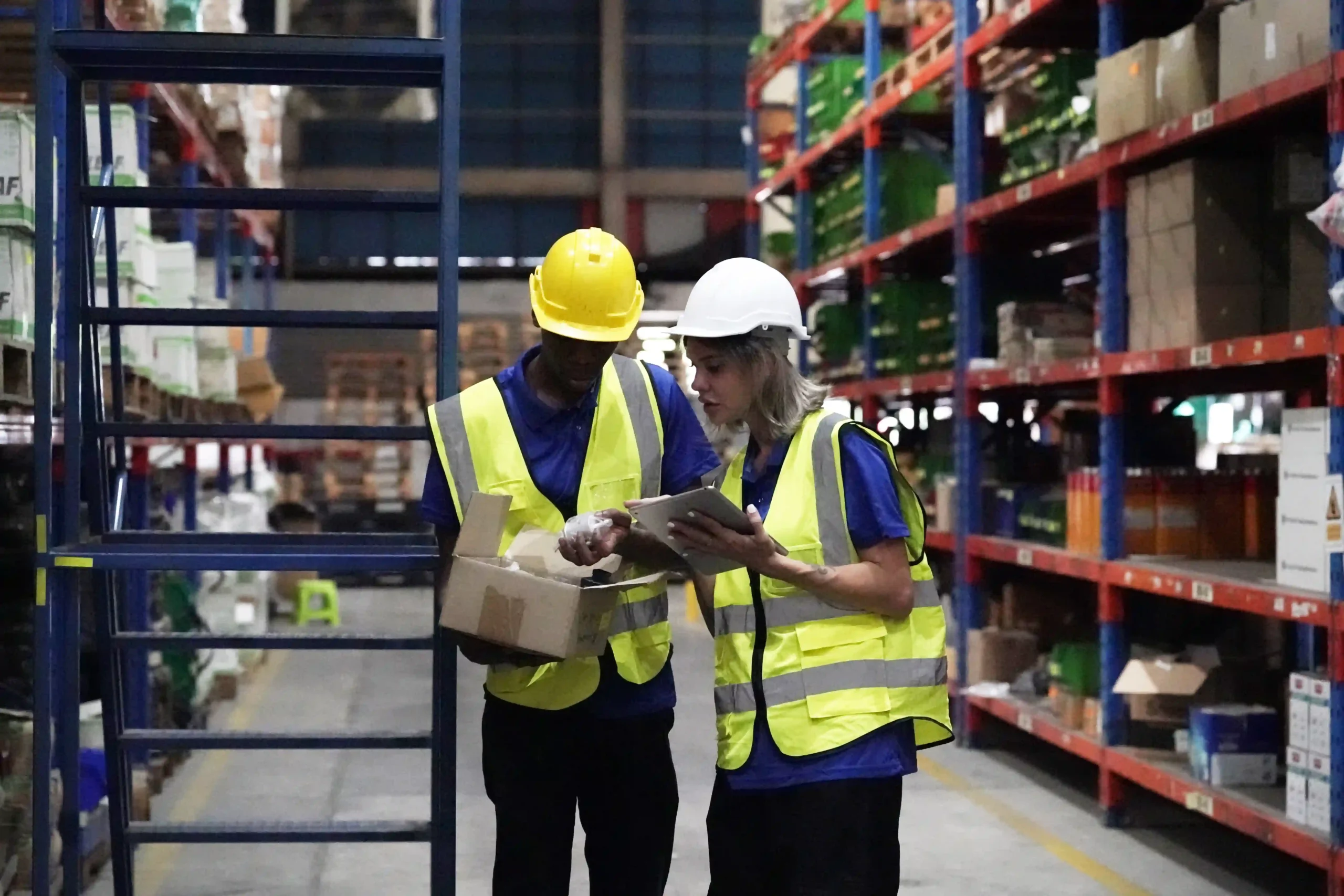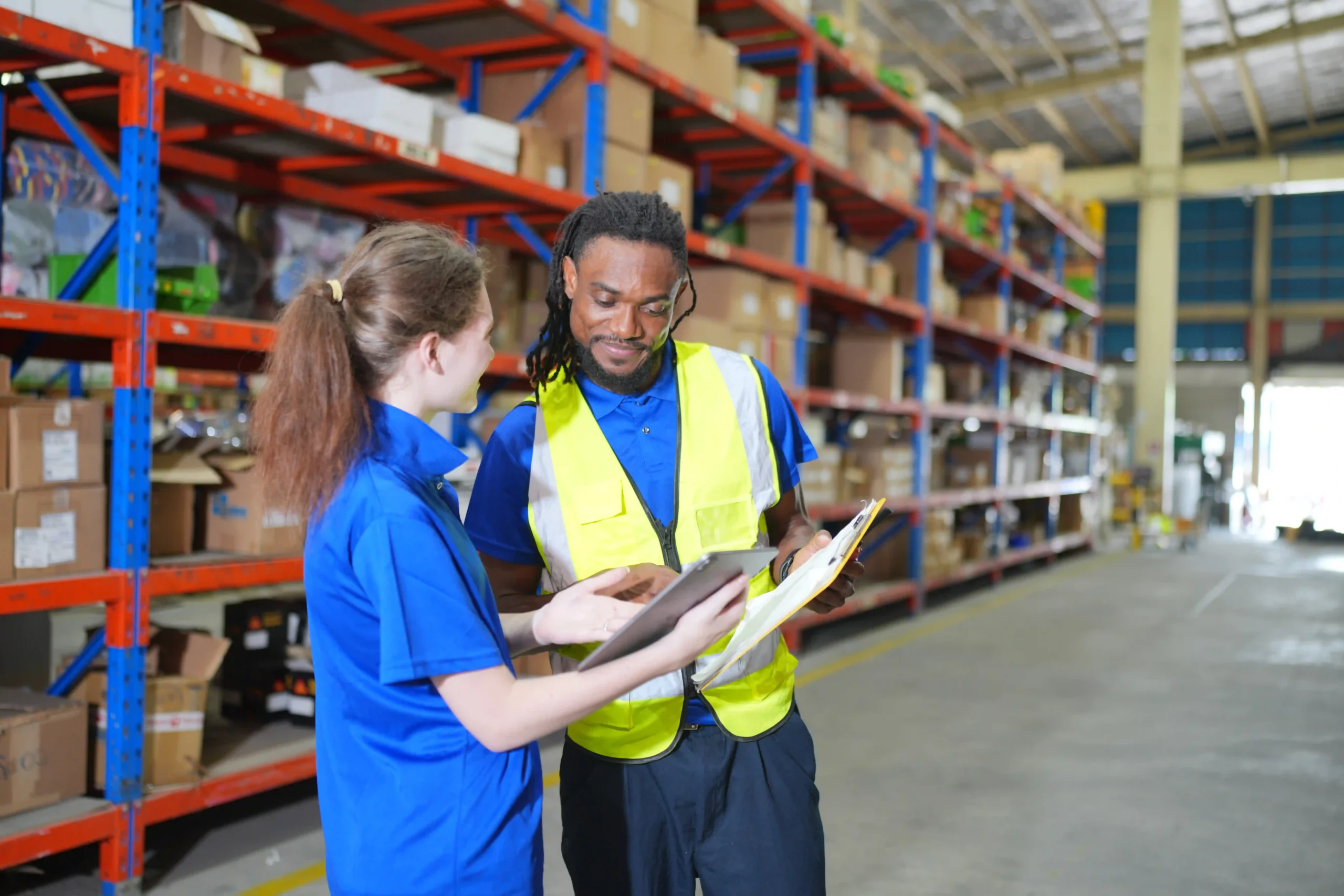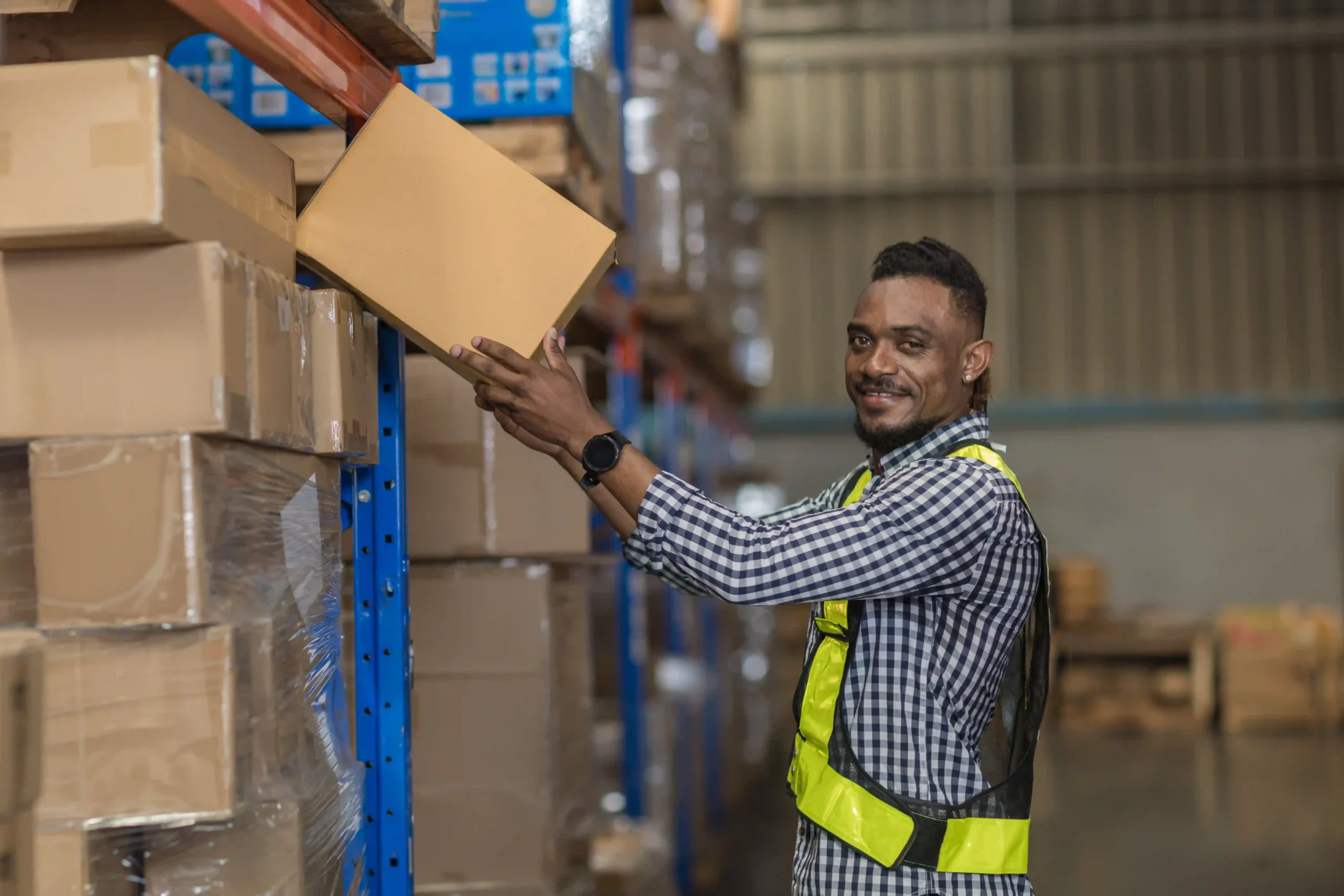A warehouse logistics consultant is an expert who helps businesses improve their warehouse operations. They analyze your current setup, identify inefficiencies, and recommend solutions to optimize storage, inventory management, and overall logistics.
Their goal is to streamline processes, reduce costs, and enhance productivity.

Businesses of all sizes can benefit from a warehouse logistics consultant, but especially:
Warehouse logistics consultants address a variety of issues, including:
By hiring a warehouse logistics consultant, businesses can expect:

When selecting a warehouse logistics consultant, consider:
While hiring an in-house logistics expert provides dedicated support, an external warehouse logistics consultant offers:
Warehouse logistics consultants follow a structured approach:

Be cautious of consultants who:
To evaluate the return on investment:
Prepare the following questions:

From my experience leading Tri-Link FTZ for over three decades, I can tell you that timing is everything when it comes to warehouse optimization. Many companies wait until they hit a bottleneck or a full-blown logistics crisis before reaching out for help.
But the truth is, a warehouse logistics consultant is most effective when brought in proactively — before issues start impacting customer satisfaction or bottom-line profitability. For example, if you’re planning an expansion, switching to a new warehouse management system, or considering automation — that’s the perfect time to get expert guidance.
We often work with businesses right as they begin scaling operations or entering new markets. A consultant brings that outside perspective to see what internal teams might miss.
They’re not there to replace your team — they’re there to empower it. In my own experience, I’ve walked into warehouses that looked efficient on the surface.
But after just a few hours on the floor, it was clear that small changes in pick paths or storage bin arrangements could save thousands in labor hours annually. When those changes are implemented early — before inefficiencies become habits — the savings and performance improvements are exponential.
When we’re called in as consultants, we follow a structured and transparent approach that’s evolved from over 2,000 successful projects. It starts with a full operational assessment, where we look at every element of your warehouse — from layout to labor flow to inventory systems.
We then build a custom roadmap that includes:
What makes us different is our experience working within Foreign Trade Zones (FTZs) — this adds a whole other layer of compliance, customs regulation, and cost-savings opportunities that most traditional consultants overlook. We don’t believe in cookie-cutter plans.
Every warehouse has a personality, and every solution should be tailored to fit.

Let me share a real-life example. A midsize electronics importer based out of Texas came to us after struggling with high error rates and slow fulfillment times.
Their internal team had done all they could — they were maxed out. We conducted a two-week assessment and discovered:
We redesigned the layout and reprogrammed their WMS logic to prioritize velocity-based picking. Within three months, they saw:
Metric | Before Consultant | After Implementation |
Order Accuracy Rate | 92.4% | 99.1% |
Orders Fulfilled Per Hour | 32 | 56 |
Inventory Turnover (Annual) | 4.1x | 6.3x |
Warehouse Labor Cost per Unit | $3.45 | $2.12 |
Those improvements speak for themselves. That’s the kind of value a warehouse logistics consultant can unlock when they’re given the space to lead.
If there’s one takeaway I hope you leave with, it’s this — you don’t need to wait for a crisis to benefit from warehouse logistics consulting. Whether you’re managing a small 10,000 sq ft warehouse or a multi-site network, there’s always room for improvement, innovation, and optimization.
Our team at Tri-Link FTZ has spent over 35 years helping businesses like yours unlock cost savings, scalability, and operational excellence. We bring a deep understanding of warehousing, logistics, and the added complexity of international trade and FTZ compliance.
If you’re curious about how a warehouse logistics consultant could help your business, reach out for a free initial consultation. We’ll listen, ask the right questions, and guide you toward the best path forward — no pressure, just practical solutions.
Visit Tri-Link FTZ to get started, or give us a call. Let’s build something better together.
Share this article
We have other resources available upon request as well as one-on-one support and personalized answers, just like our services.
Simply contact us anytime and we’ll get back to you to answer your questions and provide meaningful answers that show you how Tri-Link supports your logistics, reduces costs, and accelerates efficiency.
Tri-Link delivers exceptional FTZ and 3PL services tailored to your global trade needs.
Our solutions combine innovation, quality, and efficiency to exceed your expectations and meet your specific requirements.